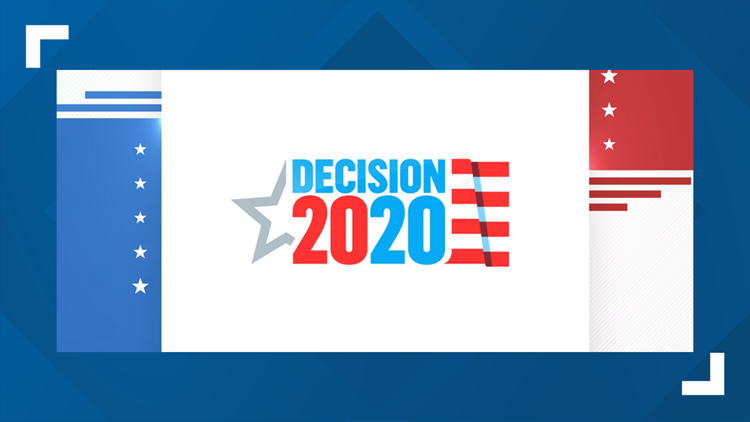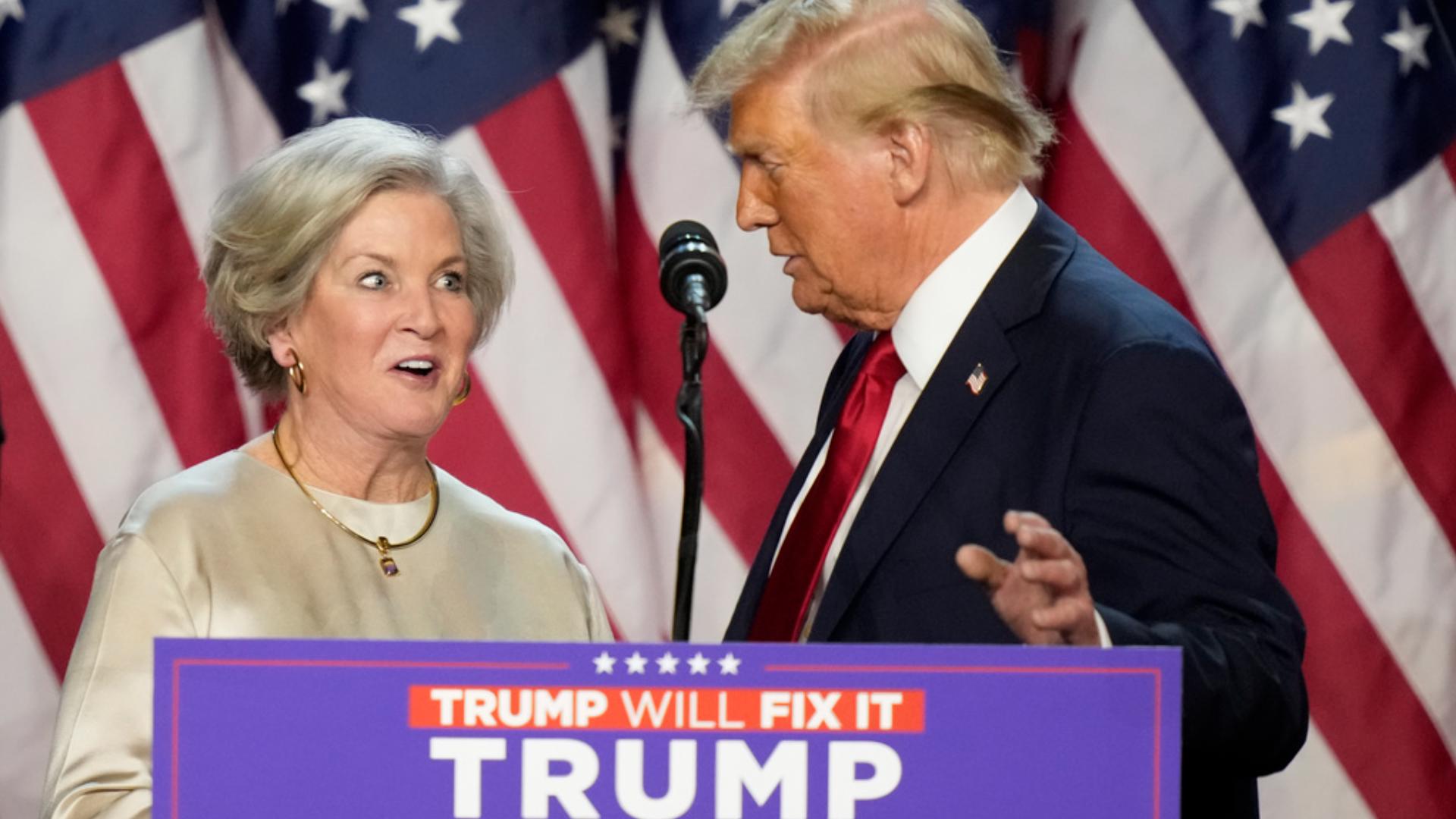INDIANAPOLIS (WTHR) — Here's everything you need to know about Election Day in central Indiana. Primary Election Day is June 2 in Indiana.
Absentee voting
If you have concerns about voting at a physical polling place due to the coronavirus outbreak, you can vote with an absentee ballot.
If you filled out an application for an absentee ballot by May 21, you are eligible to vote by mail. You will receive your ballot in the mail along with an addressed envelope. Fill out your ballot and mail the envelope back. Your county's election board must receive your ballot by noon on June 2 in order for your vote to count.
If you did not register for absentee voting by May 21, you'll need to go to a physical polling place to vote.
Early voting
In-person early voting is available to all citizens who are registered to vote. It begins May 26 and ends June 1.
Early voting locations and hours vary by county. Click here to find your county clerk's office for details on early voting.
You are required to provide a photo ID if you vote in person, whether early or on Election Day.
IDs must meet the following requirements:
- Display the voter's photo
- Display the voter's name, which must match the voter registration record
- Display an expiration date and either be current or have expired sometime after the date of the last General Election
- Be issued by the State of Indiana or the U.S. government
Voting on Election Day
Polls will be open on Election Day — June 2 — from 6 a.m. until 6 p.m. To find your polling place, visit indianavoters.in.gov.
COVID-19 concerns
The state started sending protective equipment to county election offices in mid-May. Officials said they used federal funding to buy supplies, including 200,000 face masks and 25,000 face shields.
Polling locations will also be stocked with sanitation supplies for the machines and common areas.
Voters are encouraged to bring their own masks and gloves to vote.
Who and what you're voting for
Much of what's on your ballot is dependent upon where you live. Here are some of the big races everyone can prepare to vote for:
- President
- Governor
- U.S. Representative
- State Representative
- State Senator
Voters will also see races for county positions — like treasurer and coroner — or more localized offices like township board.
To see a full list of candidates, click here.
Some ballots may also include referendums, also called public questions, where voters will need to vote "yes" or "no." These typically involve questions about spending tax money for things like construction projects or school improvements.
To see a list of public questions that will be on ballots for the June 2 primary, click here.
Visit indianavoters.in.gov to find your voting information including polling places, early voting hours, and who's on your ballot.



